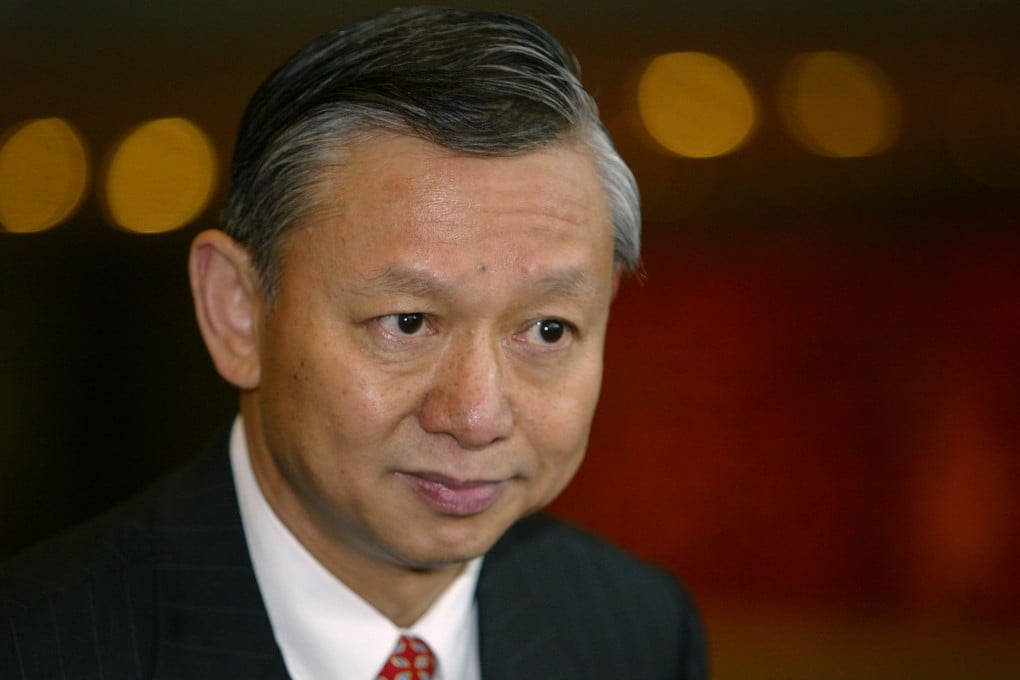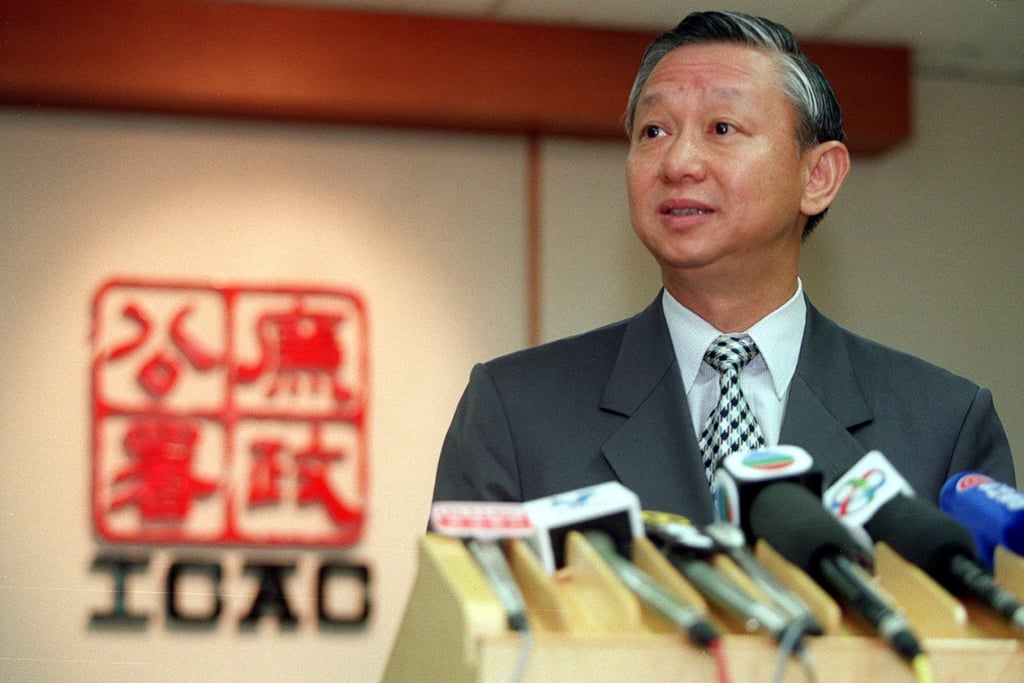Ambrose Lee dies in his sleep at age 73, city leader praises former Hong Kong security minister for ‘exemplary contributions’
- His death was confirmed by multiple sources, including former senior officials and Lee’s ex-colleagues
- ‘I was deeply impressed by his dedication and commitment to serving the people of Hong Kong when I worked with him,’ says City leader John Lee

Ambrose Lee Siu-kwong, Hong Kong’s longest serving security secretary, who steered the government’s response to chaotic protests at a trade summit and a deadly hostage crisis involving residents visiting the Philippines, died in his sleep on Sunday at the age of 73.
His death was revealed by former senior officials and his ex-colleagues in the disciplined services.
City leader John Lee Ka-chiu praised Lee, who served as security chief from 2003 to 2012, for his “exemplary contributions” during his time in public office over the decades, adding the former minister had commanded the “respect and love” of his employees and colleagues.

“Lee was a senior officer whom I respected,” the chief executive said in a statement expressing his deep sadness. “I was deeply impressed by his dedication and commitment to serving the people of Hong Kong when I worked with him in various positions in the past.”
Other officials who had worked with Lee expressed shock over his death, saying he appeared to be in good health after a stay in hospital to treat ribs he broke in a recent fall.
“Last week I met Lee and friends twice,’ Deputy Financial Secretary Michael Wong Wai-lun wrote on his Facebook page, describing Lee as “a teacher and friend” from their shared years in the civil service. “It felt very sudden and sad to hear about his passing.”

Regina Ip Lau Suk-yee, the convenor of the Executive Council, the government’s key decision-making body, said Lee had attended gatherings with friends last week for an early celebration of his birthday, which fell on this Wednesday.